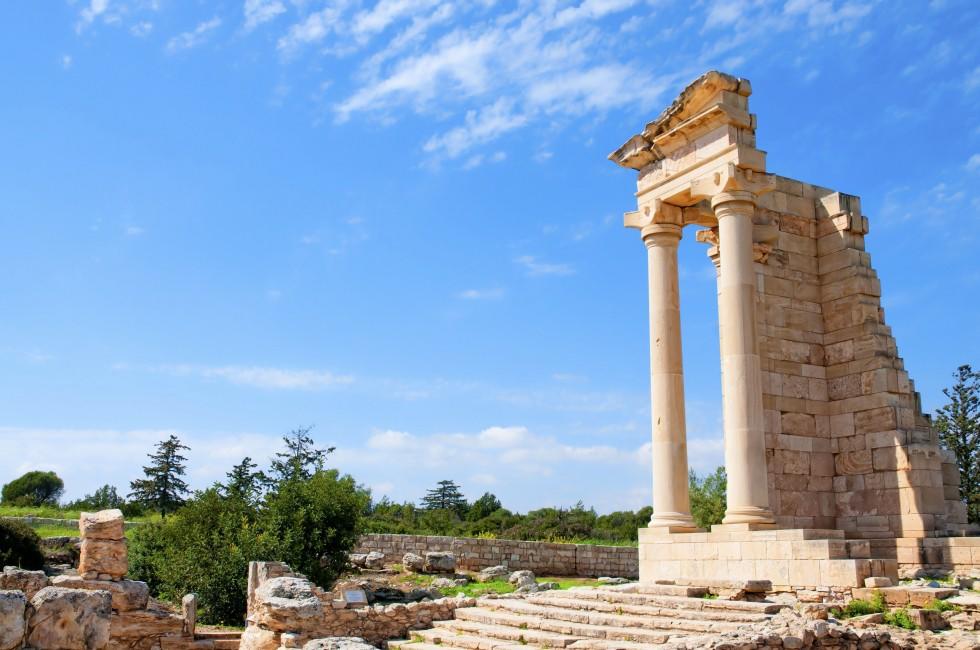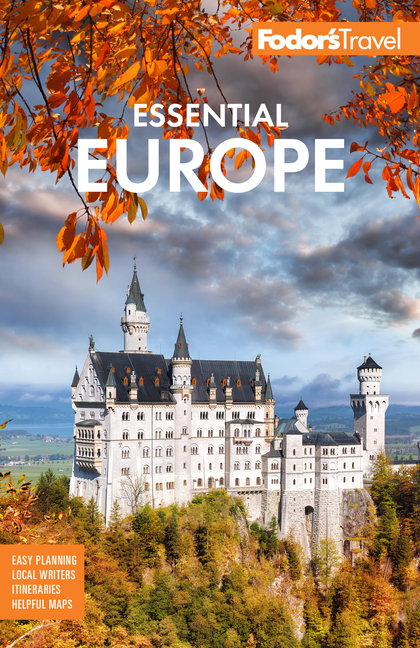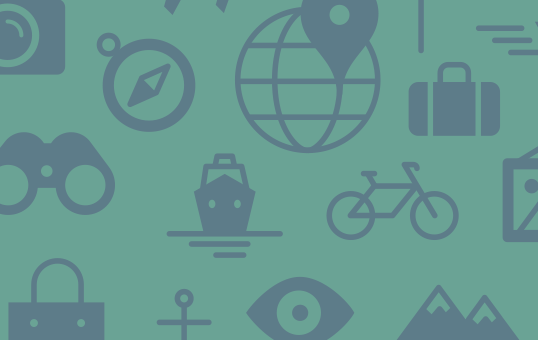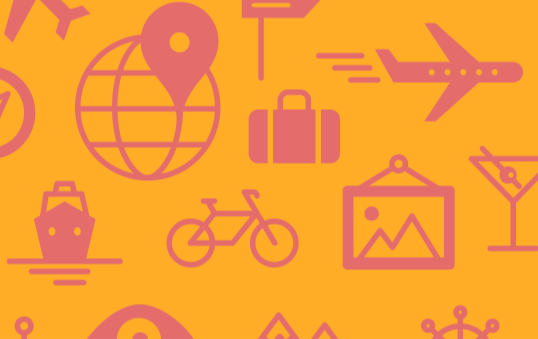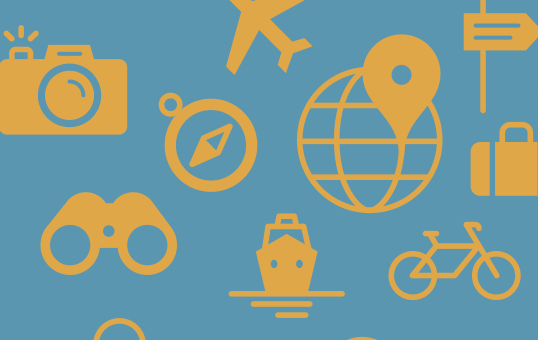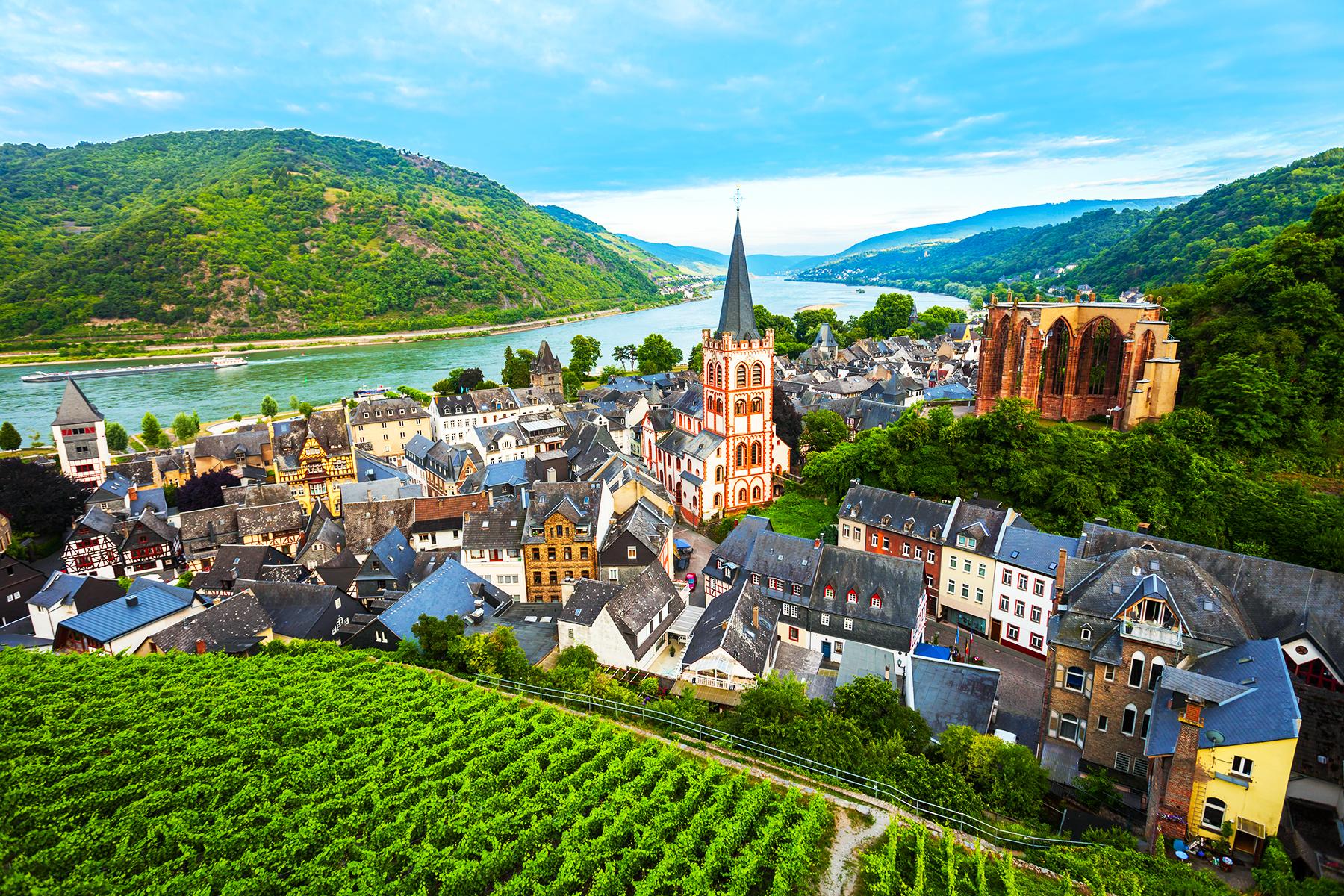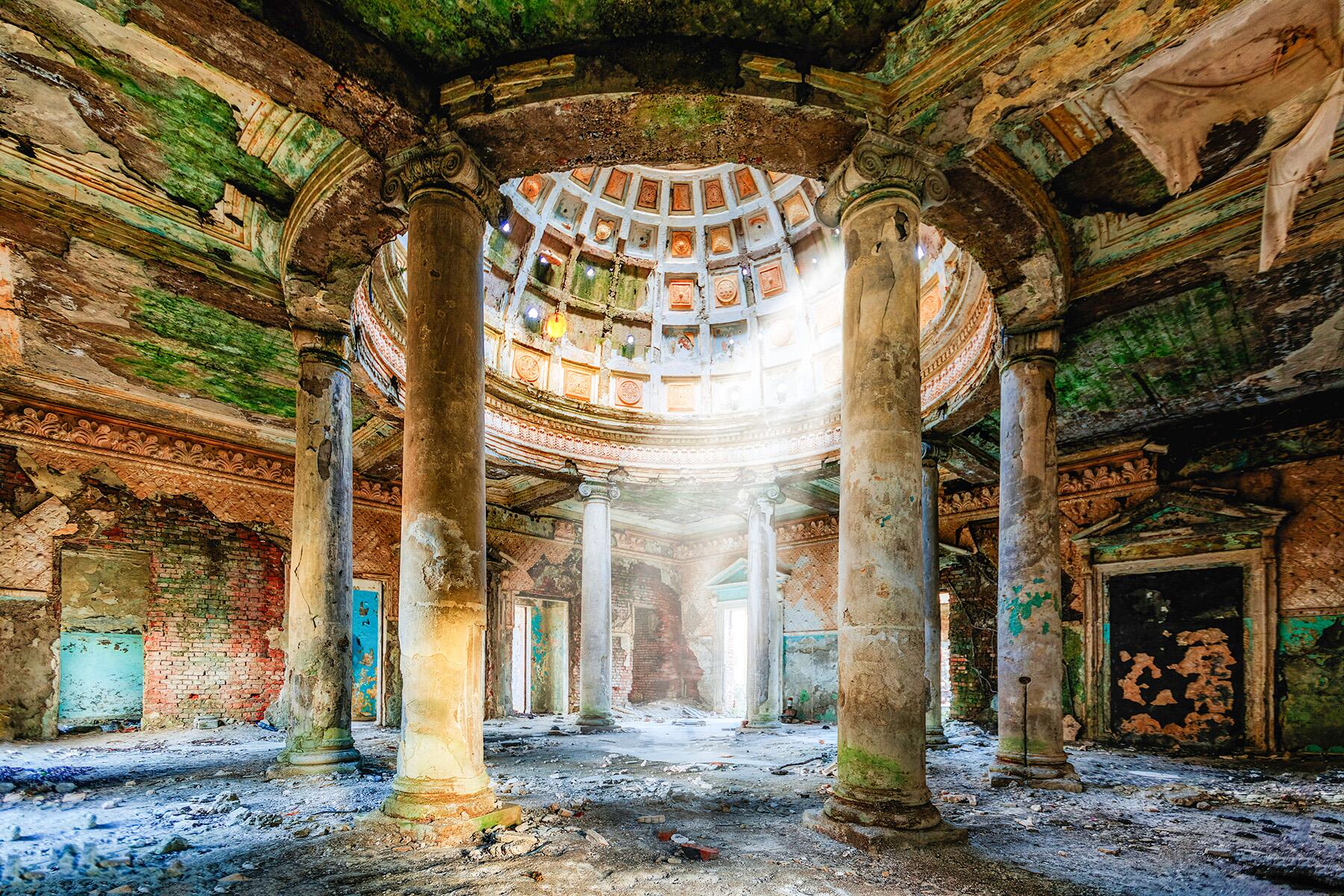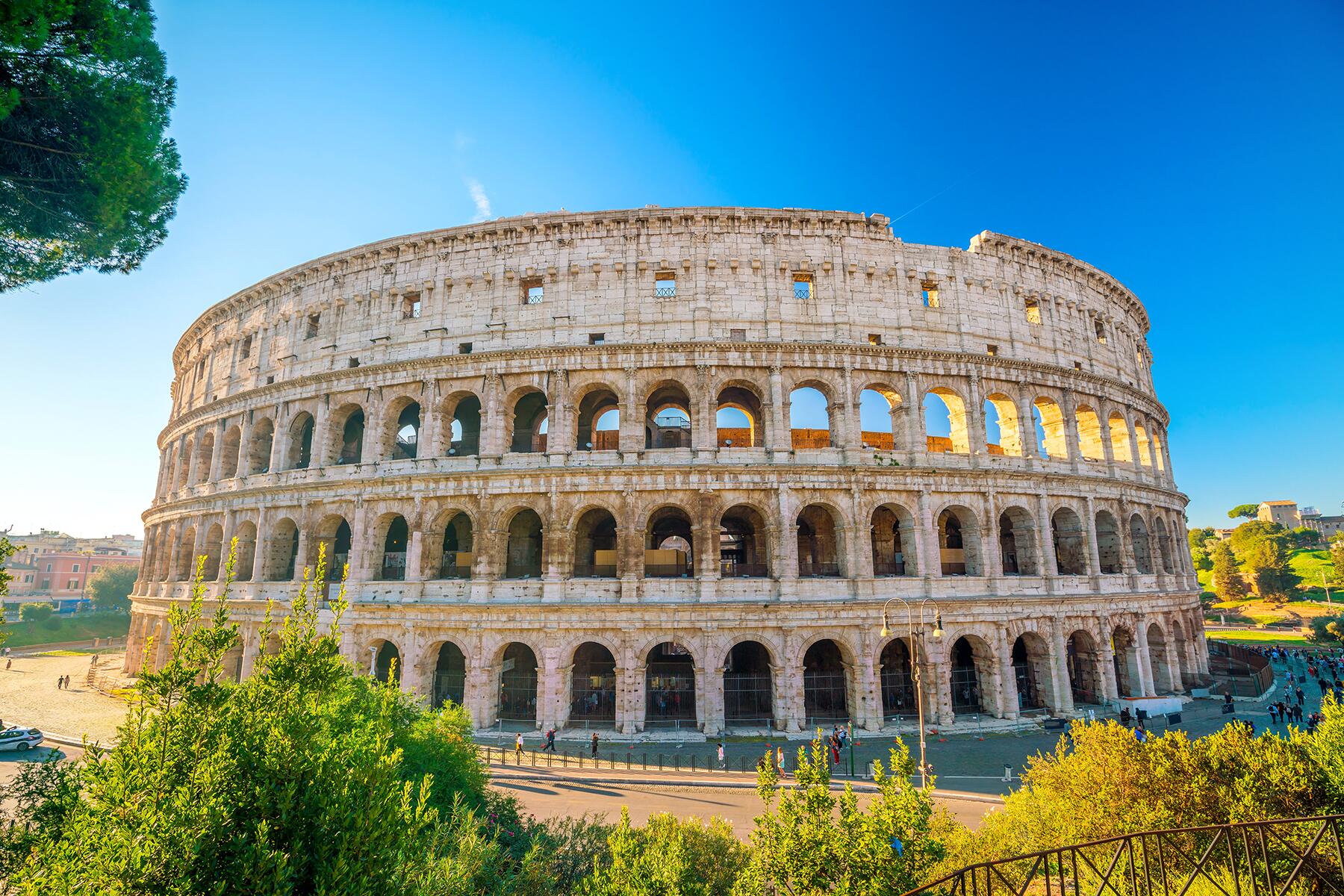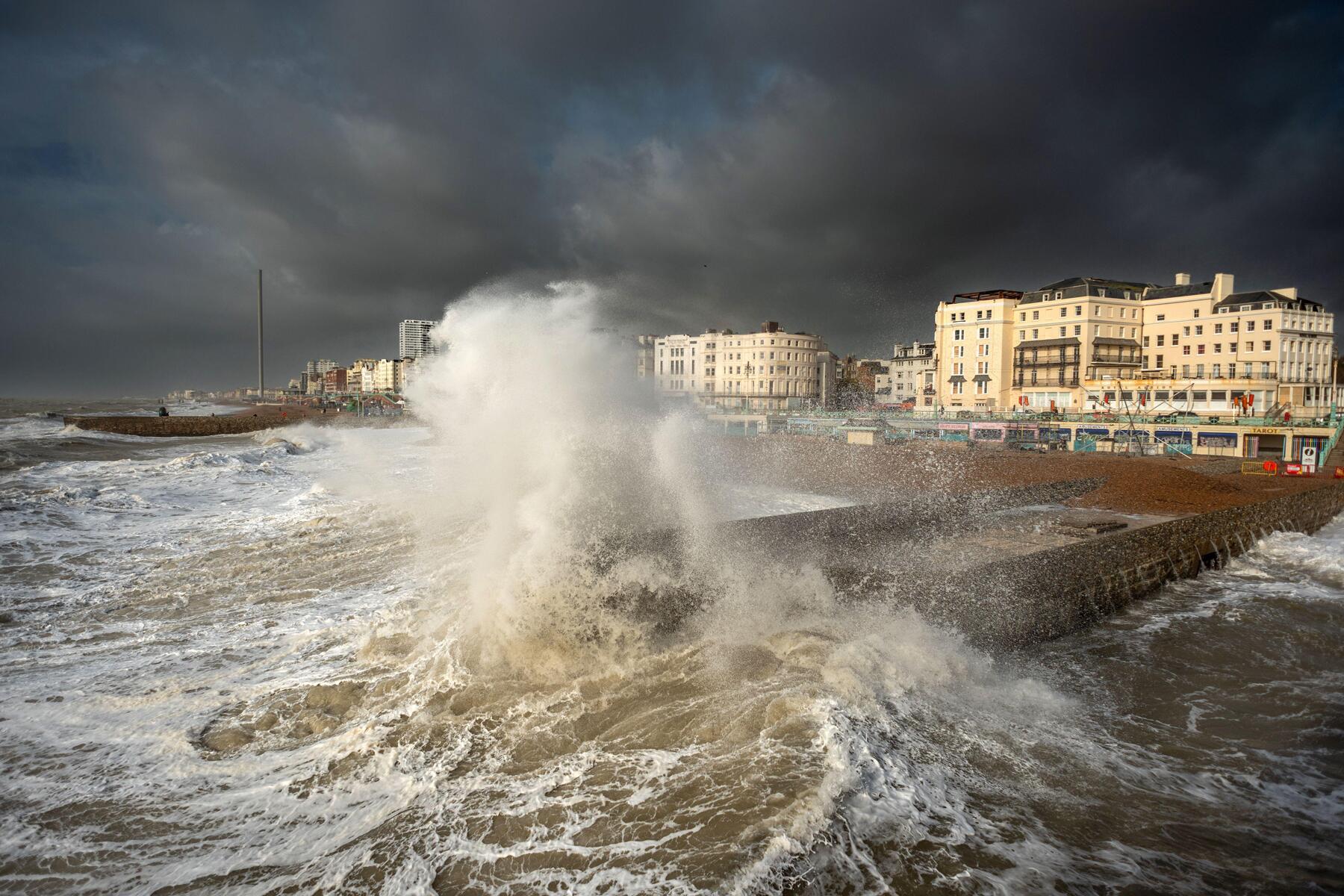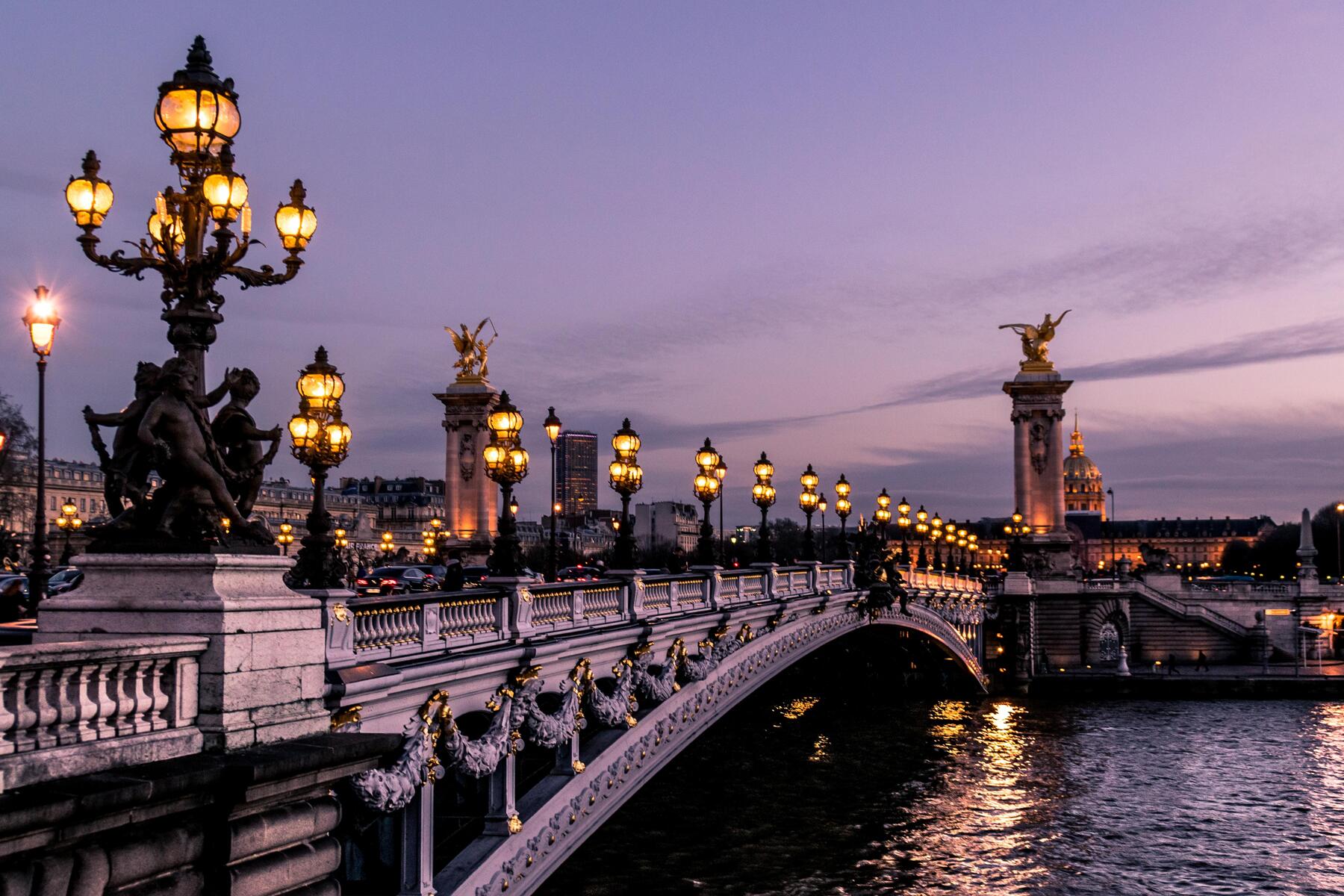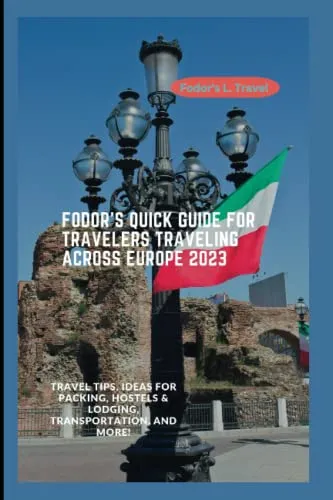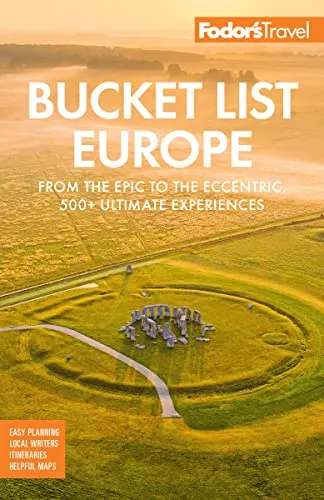Cyprus
Cyprus
Cyprus, once a center for the cult of the Greek goddess Aphrodite, is a modern island nation that retains an essentially Mediterranean character. Its 3,572 square miles (about the size of Connecticut) encompass citrus and olive groves, pine-forested mountains, and some of Europe's cleanest beaches. The easternmost island in the Mediterranean Sea, Cyprus has a 403-mile coastline and is approximately 60 miles west of Syria, 47 miles south of Turkey, and 200 miles north of Egypt. The island has a mild, typically Mediterranean climate, with an average of 340 days of sunshine a year. In winter, visitors can ski in the Troodos Mountains in the morning and sunbathe on the beach in the afternoon.
Cyprus's strategic position in the eastern Mediterranean has made it subject to regular invas...
Read MoreCyprus, once a center for the cult of the Greek goddess Aphrodite, is a modern island nation that retains an essentially Mediterranean character. Its 3,572 square miles (about the size of Connecticut) encompass citrus and olive groves, pine-forested mountains, and some of Europe's cleanest beaches. The easternmost island in the Mediterranean Sea, Cyprus has a 403-mile coastline and is approximately 60 miles west of Syria, 47 miles south of Turkey, and 200 miles north of Egypt. The island has a mild, typically Mediterranean climate, with an average of 340 days of sunshine a year. In winter, visitors can ski in the Troodos Mountains in the morning and sunbathe on the beach in the afternoon.
Cyprus's strategic position in the eastern Mediterranean has made it subject to regular invasions by powerful empires. Greeks, Phoenicians, Assyrians, Egyptians, Persians, Romans, and Byzantines all have either ruled or breezed through here. In 1191, Richard the Lion-Hearted, leader of the Third Crusade, took possession of Cyprus. A year later he sold Cyprus to the Knights Templar, who within a year resold it to Guy de Lusignan, the deposed King of Jerusalem. Guy's descendants ruled the island until the late 15th century, when it was annexed by the Venetians. The Turks wrested the island from Venice and ruled it from the 16th through 19th centuries. Cyprus became a British colony in 1914.
Vestiges of the diverse cultures that have ruled here dot the island, from remnants of Neolithic settlements and ancient Greek and Roman temple sites, such as the spectacular cliffside site of Kourion, to early Christian basilicas and painted Byzantine churches. Paphos has been designated a World Heritage Site by UNESCO. Kato Paphos, the lower town near the harbor, has a renowned collection of Roman mosaics. Many fortifications built by the Crusaders and the Venetians still stand throughout the island. A piece of the true cross is said to be kept in the monastery of Stavrovouni, and Paphos has the remains of a pillar to which St. Paul was allegedly tied when he was beaten for preaching Christianity.
Following independence in 1960, Cyprus became the focus of contention between Greeks and Turks—both in Greece and Turkey and in Cyprus itself. At this writing some 60% of the population is Greek and 24% Turkish (and nearly 15% are British expats who have relocated to Cyprus). Since a 1974 Turkish invasion that resulted in forced population shifts, Cyprus has been divided by a thin buffer zone called the "Green Line"—monitored by United Nations forces—between the now mainly Turkish Cypriot north and predominantly Greek Cypriot south. The zone cuts right through the capital city of Nicosia. Talks aimed at uniting the communities into one bi-zonal federal state have been going on for years. Cyprus joined the European Union on May 1st, 2004—but without a resolution of the island's division, only the Greek Cypriot south flies the EU flag. The north is noticeably poorer, and tourism is more developed in the southern Republic of Cyprus.
Visitors can cross from the south to the north and vice versa at seven crossing points, including two pedestrian crossings in Nicosia. In theory, foreigners with a passport stamp from Northern Cyprus may be refused entry into the south, but in practice, the incidence of this is low—though it’s advisable to have a piece of paper stamped instead of your passport to be safe. Despite the relaxing of border restrictions, it’s still tricky to fly into one half of the island and fly out of the other without hassle, so plan both to arrive and depart from either the south or the north if at all possible.
The country’s banking sector is closely tied to that of Greece, which means Cyprus has been feeling the effects of the recession in recent years—unemployment is still quite high. That said, as of this writing, visitors will not see much evidence of the recession in the major tourist areas; Cyprus continues to be a friendly and welcoming country despite its economic troubles.
Recommended Fodor’s Video
Hotels
Things to Do
Things to Do
Explore Things to Do
Find the perfect tours and activities in Cyprus.
Where to Eat
Where to Eat
Need to Know
Need to Know
Language
Greek, TurkishNearby Airports
ECN, PFO, LCA, NICElectrical Outlets
240v/50 cycles; plugs have three rectangular bladesCurrency
EuroLanguage
Greek, TurkishElectrical Outlets
240v/50 cycles; plugs have three rectangular bladesCurrency
EuroNearby Airports
ECN, PFO, LCA, NICWhen to Go
The tourist season runs throughout the year, but prices are lower November through March. Spring and fall are best, usually warm enough for...Read More
Neighborhood Guides
Discover the best neighborhoods in Cyprus with curated recommendations from our editors.
essentials
transportation
resources
When to Go
The tourist season runs throughout the year, but prices are lower November through March. Spring and fall are best, usually warm enough for...Read More
Neighborhood Guides
Discover the best neighborhoods in Cyprus with curated recommendations from our editors.
When to Go
The tourist season runs throughout the year, but prices are lower November through March. Spring and fall are best, usually warm enough for...Read More
Neighborhood Guides
Discover the best neighborhoods in Cyprus with curated recommendations from our editors.
essentials
transportation
resources
Articles
Articles See All
Guidebooks
Guidebooks
Our worldwide travel correspondents bring you the best and most up-to-date coverage of over 7,500 global destinations.
Shop NowFodor's Essential Europe
Whether you want to eat your way across France, see the Renaissance art of Italy, or take...
Fodor's quick guide for travelers traveling across Europe 2023:: Travel Tips, Ideas for Packing, Hostels & Lodging, Transportation, and More! (Fodor's Travel L. Guide)
For over 80 years, Fodor's Travel has been a trusted resource offering expert travel...
Fodor's Bucket List Europe: From the Epic to the Eccentric, 500+ Ultimate Experiences
For over 80 years, Fodor's Travel has been a trusted resource offering expert travel...
